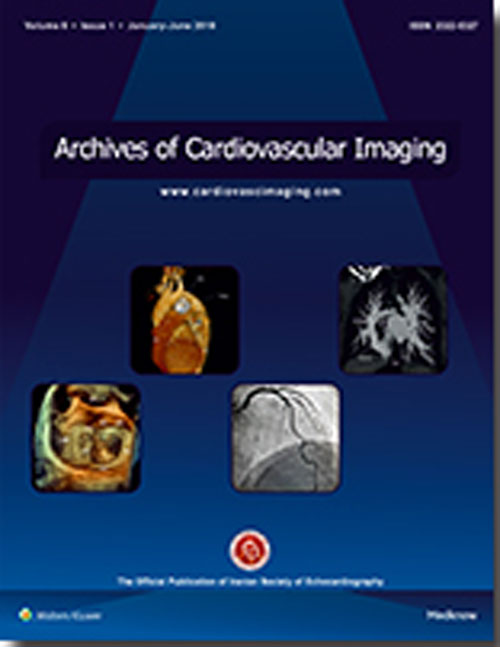ECG Abnormalities After Transcatheter Aortic Valve Implantation
Author(s):
Abstract:
Transcatheteraortic valve implantation, first introduced in 2002, has been established as an alternative modality for patients deemed not suitable for open-heart surgery. The anatomical vicinity of the atrioventricular node and the His bundle to the non-coronary and rightcoronary aortic cusps predisposes patients to conduction abnormalities in case of severe calcification or mechanical trauma during valve implantation. However, the two evaluated valves (CoreValve and Edwards SAPIEN valve) have different rates of these complications, mainly driven by their respective geometry..Currently, there is ongoing evaluation of the true rate of conduction disorders and their clinical relevance or durability. The initial experience of fatal outcomes with conduction disorders such as complete atrioventricular block has increased the rate of subsequent pacemaker implantation up to 50%. However, prophylactic pacemaker implantation is associated with several possible complications. Thus, there is a need for further data from large-scale series taking into account the true rate of clinically relevant conduction disorders..
Keywords:
Language:
English
Published:
Archives Of Cardiovascular Imaging, Volume:2 Issue: 2, May 2014
Page:
1
magiran.com/p1279791
دانلود و مطالعه متن این مقاله با یکی از روشهای زیر امکان پذیر است:
اشتراک شخصی
با عضویت و پرداخت آنلاین حق اشتراک یکساله به مبلغ 1,390,000ريال میتوانید 70 عنوان مطلب دانلود کنید!
اشتراک سازمانی
به کتابخانه دانشگاه یا محل کار خود پیشنهاد کنید تا اشتراک سازمانی این پایگاه را برای دسترسی نامحدود همه کاربران به متن مطالب تهیه نمایند!
توجه!
- حق عضویت دریافتی صرف حمایت از نشریات عضو و نگهداری، تکمیل و توسعه مگیران میشود.
- پرداخت حق اشتراک و دانلود مقالات اجازه بازنشر آن در سایر رسانههای چاپی و دیجیتال را به کاربر نمیدهد.
In order to view content subscription is required
Personal subscription
Subscribe magiran.com for 70 € euros via PayPal and download 70 articles during a year.
Organization subscription
Please contact us to subscribe your university or library for unlimited access!


